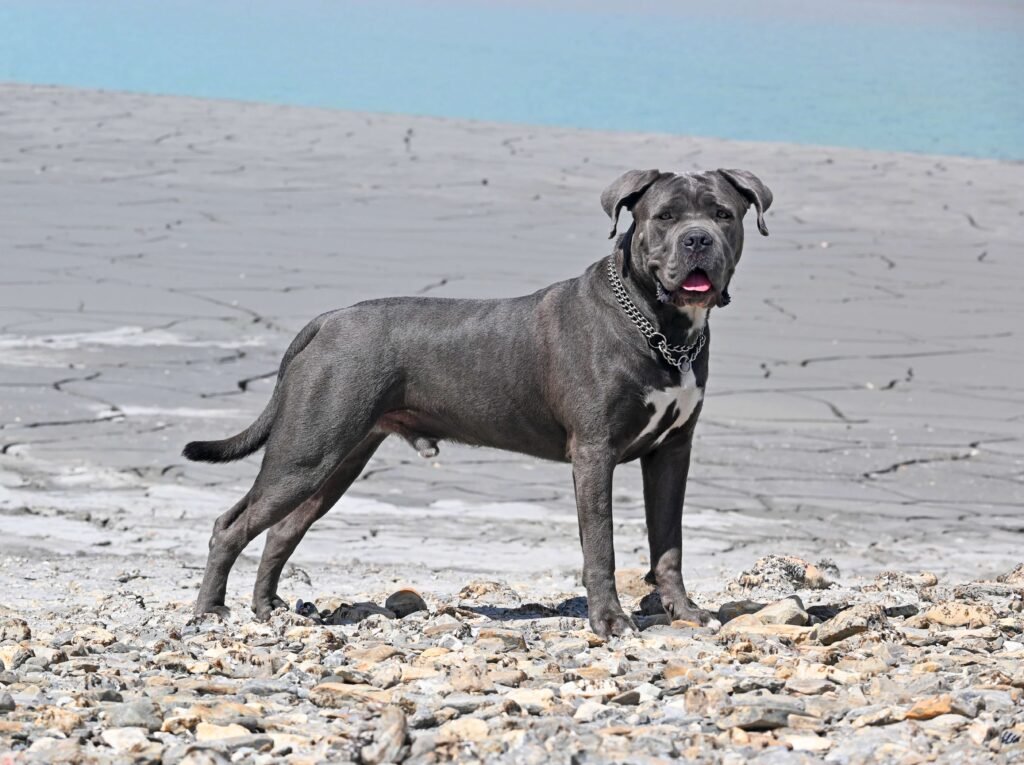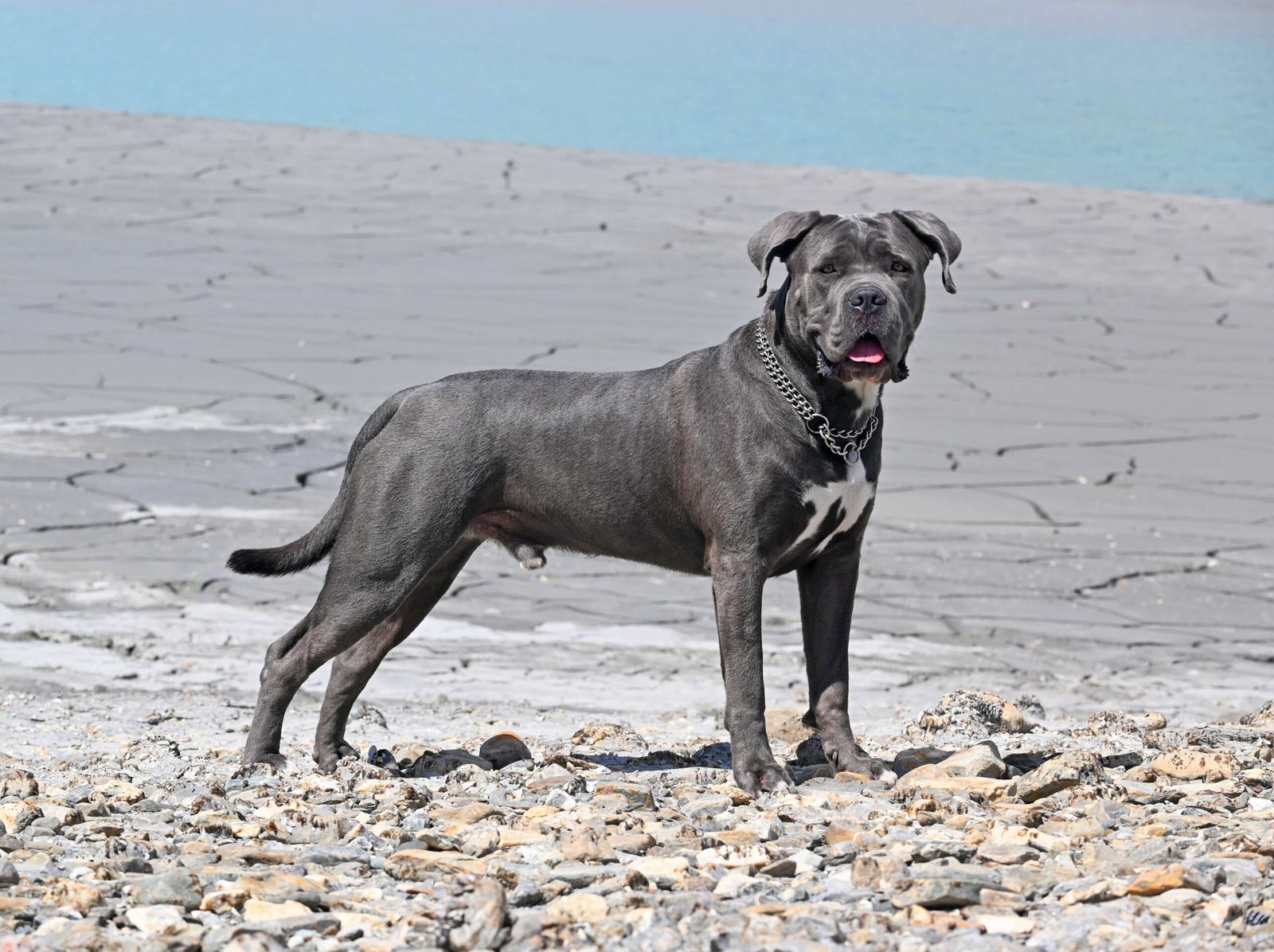Can Dogs Hold Their Pee for 12 Hours Overnight?
As a dog owner, you’ve probably wondered whether your furry friend can hold their pee for an extended period, especially overnight. After all, sleep is sacred, and no one wants to be woken up in the middle of the night for a bathroom break. But how long is too long? Can dogs realistically hold their pee for 12 hours while you catch some much-needed rest? This question isn’t just about convenience—it’s also about understanding your dog’s health and well-being. Let’s dive into the topic and explore what’s possible, healthy, and safe for your canine companion.
How Long Can Dogs Naturally Hold Their Pee?
Dogs are creatures of habit, but their ability to hold their bladder depends on several factors. Understanding these variables can help you determine whether your dog can comfortably wait 12 hours overnight without needing a bathroom break.
Age Matters : Puppies have smaller bladders and less control than adult dogs. They typically need to relieve themselves more frequently.
Size and Breed Differences : Smaller breeds often have smaller bladders, which means they may struggle to hold it for long periods compared to larger breeds.
Health Conditions : Certain medical issues, like urinary tract infections or kidney problems, can reduce a dog’s ability to hold their pee.
Hydration Levels : A well-hydrated dog will naturally need to urinate more often than one that hasn’t had enough water.
Training and Routine : Dogs accustomed to a consistent routine may learn to hold their bladder longer, but this doesn’t mean it’s always healthy for them.
While some adult dogs can hold their pee for 8–10 hours, expecting them to go 12 hours without relief might push their limits. Always prioritize your dog’s comfort and health over convenience.
Signs Your Dog Is Struggling to Hold It In
If you’re considering leaving your dog alone for 12 hours overnight, it’s crucial to recognize signs that they might be struggling. Ignoring these signals could lead to accidents or even health complications.
Frequent Whining or Restlessness : If your dog seems anxious or restless before bed, they might be signaling a need to go outside.
Accidents Indoors : Finding puddles around the house could indicate that your dog isn’t able to hold it as long as you think.
Excessive Licking of Genitals : This behavior can suggest discomfort or irritation caused by holding urine for too long.
Drinking Less Water : Some dogs instinctively drink less water to avoid needing to pee, which isn’t healthy for them in the long run.
Unusual Behavior Changes : Any sudden changes in mood or activity levels should raise a red flag.
Paying attention to these signs ensures that you’re meeting your dog’s needs and maintaining their overall well-being. Remember, every dog is unique, so what works for one might not work for another.
Check this guide 👉Why Wont My Dog Pee? Best 7 Behavior Tips!
Check this guide 👉Why Wont My Dog Pee Outside? Best 7 Behavior Tips!
Check this guide 👉Why Does My Dog Kick After Peeing? Best 7 Behavior Tips!

Factors Affecting Bladder Control | Tips for Helping Your Dog |
|---|---|
Age | Establish a consistent potty schedule. |
Size and Breed | Provide ample opportunities to pee. |
Health Conditions | Consult a vet if issues persist. |
Hydration Levels | Ensure access to fresh water daily. |
Training and Routine | Use positive reinforcement techniques. |
Tips to Help Your Dog Hold It Longer Overnight
While 12 hours is a stretch for most dogs, there are ways to make it easier for them to hold their bladder during the night. These tips focus on creating a supportive environment and routine.
Limit Evening Water Intake : Reduce water availability two hours before bedtime to minimize nighttime urges.
Take a Final Potty Break : Always take your dog out right before bed to ensure their bladder is empty.
Create a Comfortable Sleeping Area : A cozy, stress-free space can help your dog relax and reduce anxiety-related peeing.
Gradually Extend Holding Time : Slowly increase the duration between potty breaks to build your dog’s bladder capacity.
Monitor Diet : Avoid feeding salty or high-protein foods close to bedtime, as these can increase urine production.
Implementing these strategies can ease the transition to longer overnight periods, but remember to listen to your dog’s cues and adjust accordingly.
Potential Risks of Forcing Your Dog to Hold It Too Long
Pushing your dog to hold their pee for extended periods can pose risks to their physical and emotional health. Here’s what you need to know:
Urinary Tract Infections (UTIs) : Holding urine for too long increases the risk of bacterial growth, leading to painful infections.
Bladder Damage : Overstretching the bladder muscles can weaken them over time, causing long-term issues.
Stress and Anxiety : Dogs may become anxious if they feel forced to hold it, affecting their mental well-being.
Accidents and Messes : Even well-trained dogs can have accidents if pushed beyond their limits.
Behavioral Issues : Frustration from holding it too long might result in destructive behaviors or aggression.
Understanding these risks underscores the importance of balancing your dog’s needs with your own lifestyle. Always prioritize their health above convenience.
Understanding Your Dog’s Natural Instincts
Dogs are naturally inclined to keep their sleeping areas clean, which is why they often try to hold their pee overnight. However, this instinct doesn’t mean they’re always comfortable or healthy doing so. Here are some insights into their behavior and what it means for you as a pet owner.
Denning Instinct : Dogs have an innate desire to keep their resting space free of waste, which can motivate them to hold it longer than usual.
Stress Response : Even with strong instincts, prolonged holding can cause stress, leading to behavioral changes like chewing or excessive barking.
Adaptability : While dogs can adapt to routines, pushing them too far outside their natural limits can harm their well-being.
Individual Differences : Not all dogs share the same level of instinctual control—some may struggle more than others.
Owner Responsibility : It’s up to you to recognize when your dog’s instincts are being overtaxed and adjust accordingly.
By understanding these instincts, you can better gauge your dog’s limits and ensure their nighttime routine aligns with their natural behaviors.
Benefits of Establishing a Consistent Routine
A consistent daily routine not only helps your dog feel secure but also improves their ability to manage bladder control. A predictable schedule allows your dog to anticipate bathroom breaks, reducing anxiety and accidents. Here’s how a solid routine can benefit both you and your furry friend.
Improved Bladder Control : Regular potty breaks help train your dog’s bladder to hold urine for appropriate intervals.
Reduced Anxiety : Knowing when to expect a bathroom break minimizes uncertainty and stress for your dog.
Better Sleep Quality : A well-established routine ensures both you and your dog can enjoy uninterrupted rest.
Easier Training : Consistency reinforces positive behaviors, making housebreaking faster and more effective.
Health Monitoring : A routine allows you to spot irregularities, such as increased urination, which could indicate health issues.
By implementing a consistent schedule, you create a harmonious environment that supports your dog’s physical and emotional needs.
Tools and Accessories to Support Overnight Bladder Control
While training and routines play a significant role in helping your dog hold their pee, certain tools and accessories can make the process easier and more comfortable for everyone involved. These products are designed to support your dog’s needs while giving you peace of mind.
Water Bowls with Timers : Automated bowls can regulate water intake, ensuring your dog stays hydrated without overdrinking before bed.
Puppy Pads : For younger dogs or those struggling with bladder control, puppy pads provide a backup option to prevent messes.
Bladder Support Supplements : Some natural supplements can strengthen bladder muscles, aiding in longer holding times.
Calming Beds : Comfortable, enclosed beds can reduce nighttime anxiety, helping your dog relax and focus on holding it.
Activity Monitors : Devices that track your dog’s movement can alert you to restlessness, signaling a need for a bathroom break.
Using these tools alongside proper training and care can enhance your dog’s ability to manage overnight bladder control effectively.
Frequently Asked Questions About Dogs Holding Their Pee Overnight
How long can adult dogs hold their pee?
Most adult dogs can hold their pee for 8–10 hours, though individual factors like age and size play a role.
Is it safe for my dog to hold their pee for 12 hours?
While some dogs can manage, it’s generally not recommended due to potential health risks.
What are the signs my dog needs to pee urgently?
Look for whining, pacing, sniffing, or circling—these are common signals.
How can I train my dog to hold it longer?
Gradually extend the time between potty breaks and use positive reinforcement.
Should I wake up at night to let my dog out?
If your dog struggles to hold it, waking up once might be necessary to prevent accidents or discomfort.
Prioritize Your Dog’s Health and Happiness
Deciding whether your dog can hold their pee for 12 hours overnight requires careful consideration of their age, breed, health, and habits. While some dogs may manage, it’s essential to weigh the risks against the benefits. Always aim to create a balance that respects your dog’s natural needs while accommodating your lifestyle. By staying attentive to their signals and implementing supportive routines, you can ensure both you and your furry companion enjoy peaceful nights—and happy mornings together.
Pemphigus Erythematosus in Cats: Best 7 Expert Tips! – Learn to recognize symptoms, manage flare-ups, and improve your cat’s quality of life.
Pemphigus Erythematosus in Dogs: Best 7 Expert Tips! – Discover causes, symptoms, and treatment options to manage this autoimmune skin condition effectively.
Cat Tympanic Membrane: Best 7 Expert Tips! – Learn how to protect your cat’s eardrum, spot issues early, and ensure lifelong auditory health.
Dog Tympanic Membrane: Best 7 Expert Tips! – Learn how to protect your dog’s eardrum, spot issues early, and ensure lifelong ear health with expert advice.





